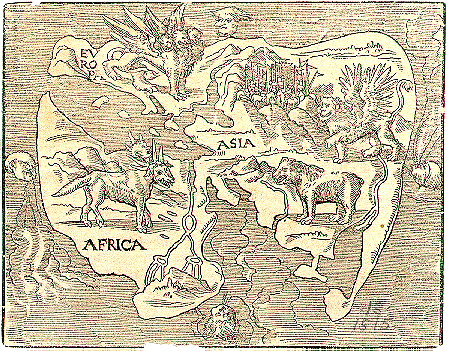| The origins of human reason |
|---|

- 1269, Compass described to Europeans
- 1348, Bubonic Plague sweeps into Europe
- 1401, Chinese fleets sail to Africa
- 1453, fall of Constantinople
- 1521, Spanish circumnavigation
- 1543, Kopernicus posthumous book
- 1609, Starry Messenger, Galileo
- 1633, Trial of Galileo
- 1666, Newton's annus mirabilis
- 1689, The Principia Mathematica
- 1701, The Opticks
- 1763, Treaty of Paris

- geocentric
- heliocentric
- naturalism
- observation
- empiricism
- vernacular
- rationalism
- reductionism
- elements
Prologue
The origins of how we observe, know, and teach about the world lies in the substratum of the late middle ages when people's credulous and frightened characteristics were faced with challenges to authority, civil unrest, famine and incessant warfare. Added to these unsettling personal and social dislocations were a series of discoveries about the earth and celestial bodies all traveling amid material forces shattered old beliefs about order. Such ideas when combined altered the way people would think about the places, the planet and the diverse peoples of the earth.
Stability was, if it ever existed, submerged in a sea of contesting beliefs, methods and such different assumptions that to safeguard their wealth and status humans sacrificed their rivals and killed in the name of heaven for fleeting power on earth.
A challenge to tradition & authority
ecclesiastical &
temporal revolts
Emergence of a methodology

